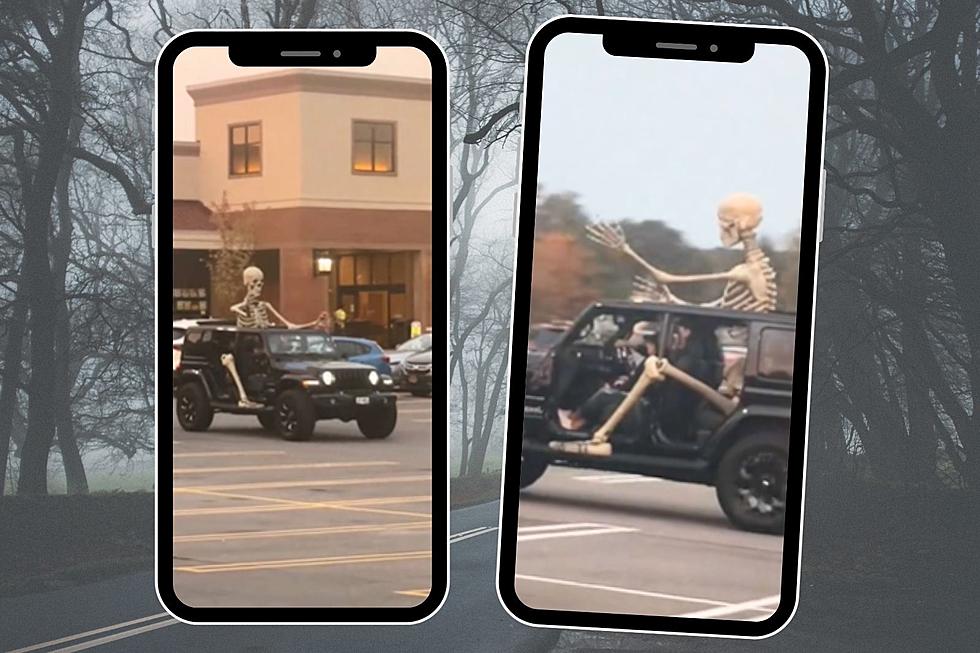
On the Other Hand, Hope: Remembering Shigeru Mizuki
The death of a master: rest in peace, Shigeru Mizuki.
Mangaka, author and painter Shigeru Mizuki didn’t publish a single book until he was thirty-five. By this point he was a veteran of the Second World War, injured, unrecovered, in love with Papua New Guinea and its indigenous culture. He was also the younger brother of a convicted war criminal. He'd lived a bit.
Mizuki worked for the next forty years making manga. “Military and mythological themes” is the description used regularly by retrospectives of his work. Onwards Towards Our Noble Deaths, above, is military-focused; a biographical, mixed-media short from 1973, whereas Akuma-kun and the widely famous GeGeGe no Kitaro — both works for children — concentrate on pairing youth with the supernatural.
Stories about children who relate to or play well with monsters are always popular, but few endure beyond their own time. Mizuki produced Kitaro for only nine years --- unremarkable for an ongoing manga --- but his stories from 1960 still shine in 2015, and that is rare. Little yōkai Kitaro continues to reach new audiences today, enthralling children just as Mizuki was enthralled when he was mentored in the art of the ghost story; creeping horrors presented to an innocent mind.
Beyond his sure hand and ability with composition of density, what’s the enduring appeal? If we look further into the similarities between Mizuki’s chosen genres, we can see the overlap between soldiers and spookies. Death. Humanity. Cyclical destruction and rebirth. Ultimate equality between individuals. (You may be a king or a little street sweeper, but sooner or later…) The hope within suffering and decay, and the sadness in life as it’s experienced fully.
Much like many postwar mangaka, Mizuki turned the extreme woes he had seen into his art. One can't say that he worked tirelessly, for reasons you may see below, but he worked relentlessly, and with an admirable and sizeable bibliography, to educate children and adults on the desperations of conflict, the responsibilities of nations (or communities), and painful truths. There’s delightful implication of self-aware humility in the fact that his own married life was fictionalised and reproduced as morning television in 2010.
If you're wondering about that "sure hand" I mentioned, and his wartime injuries, here's an example to learn from. Mizuki lost his dominant hand. He made his career on art produced with the one he had left. A career so resonant that two roads, on two different islands, are dedicated to the man's creative generosity.
Shigeru Mizuki died of heart failure on November 30 2015. He was 93, and seems to have lived well.
More From ComicsAlliance
![Brilliant Art, Tremendous Stories and Daring Creators: The 2016 Eisner Award Winners [SDCC 2016]](http://townsquare.media/site/622/files/2016/07/eisner2016.jpg?w=980&q=75)



![‘NonNonBa’ by Shigeru Mizuki Mixes Memoir and Fantasy into a Manga Classic [Review]](http://townsquare.media/site/622/files/2012/06/nonnonba.jpg?w=980&q=75)




